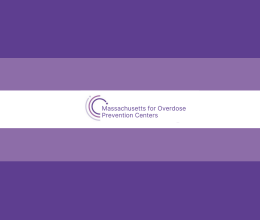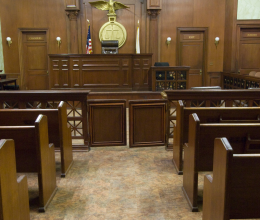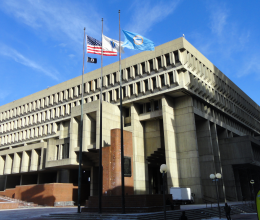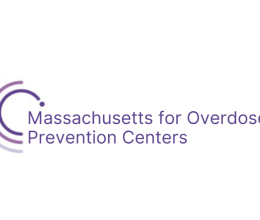
The following piece was written by Nina Morrison, senior staff attorney at the Innocence Project, and Matthew R. Segal, legal director at the ACLU of Massachusetts. It was originally published in Slate's Trial and Error blog on March 16, 2017.
Massachusetts is home to two of the nation’s largest drug laboratory scandals: Convictions against two different lab workers have forced prosecutors to reckon with the fact that perhaps tens of thousands of people were imprisoned based on falsified or inaccurate data.
You’d expect this to cause some sense of urgency in Massachusetts. This is, after all, a state that’s proactively sued over immigration and equal marriage rights. But so far, prosecutors have badly botched the state’s response, resulting in years of delayed justice for the many defendants who may have been wrongly convicted of drug crimes.
The crisis began more than four years ago, when state chemist Annie Dookhan was found to have falsified evidence at the Hinton Lab in Jamaica Plain, Massachusetts. The drug convictions affected by her falsifications could number 24,000. But rather than solve the crisis, some district attorneys refused to identify Dookhan’s victims and even fought procedures to expedite their cases. It took years of litigation—including a lawsuit by the ACLU of Massachusetts and state public defenders—for district attorneys to begin to rectify this widespread injustice. The DAs now have until April 18 to submit a list of cases they are prepared to dismiss and a list of cases they believe still stand.
Now the state is facing an even more serious scandal. This one involves misconduct by not only another state chemist but also by the prosecutors entrusted with investigating and rectifying her misconduct.
The case involves former Amherst, Massachusetts, drug lab chemist Sonja Farak, who in 2014 was convicted of stealing and using drugs from the state laboratory where she worked for years. Because Farak tampered with evidence and did her job while high, her misconduct called into question any case she ever touched.
But how many cases was that?
That’s a question for the Massachusetts Attorney General’s Office, which began prosecuting Farak in early 2013. Answering it required the office to find out how long Farak had suffered from her drug addiction and thus how many wrongful convictions she might have generated. If Farak used drugs for just a few months, she might have tainted just a few cases. If she used drugs for years, she might have tainted thousands.
Our organizations—the Innocence Project and the ACLU of Massachusetts, along with the New England Innocence Project and legal ethics experts—submitted a brief Thursday explaining that the attorney general’s office came nowhere close to fulfilling its responsibility to find and disclose the truth about Farak’s possible harm to our criminal justice system. Instead, it broke at least four ethics rules, including rules requiring candor with courts and the prompt disclosure of exculpatory evidence.
Finish reading the article here.
Learn more about Commonwealth v. Cotto here.





